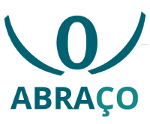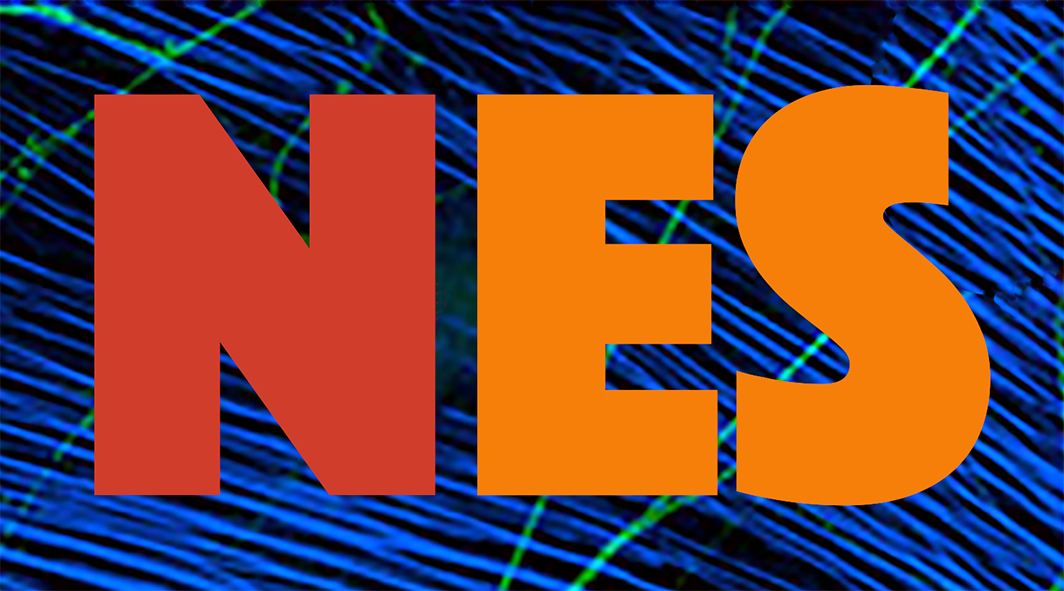
Tycho Brahe, Johannes Kepler and the Open Science video
Streaming | Oct 30, 2018
The NeuroMat scientific dissemination has recently launched another short movie, this time a spin-off video of our previous "open science" one. This short video is called "Tycho Brahe, Johannes Kepler and the Open Science". As you know, open science is the movement to make scientific research, data and dissemination accessible to all levels of an inquiring society, amateur or professional. Both videos were supported by FAPESP and presents RIDC NeuroMat commitment to open science best practices.
Mathematical and Simulation Modeling in Neuroscience
Events | Oct 25, 2018

The Research, Innovation and Dissemination Center for Neuromathematics (RIDC NeuroMat) hosts the workshop "Mathematical and Simulation Modeling in Neuroscience," to be held on November 13 and 14, in São Paulo. This event has the support of the São Paulo Research Foundation (FAPESP) and the University of São Paulo Institute of Mathematics and Statistics (IME/USP).
Anticipated Synchronization and Zero-Lag Phases in Population Neural Models
Publications | Oct 23, 2018
Germán César Dima, Mauro Copelli and Gabriel Bernardo Mindlin
Discrete One-Dimensional Coverage Process on a Renewal Process
Publications | Oct 23, 2018
Sandro Gallo and Nancy L. Garcia
| NeuroCineMat |
|---|
|
Featuring this week: |
| Newsletter |
|---|
|
Stay informed on our latest news! |
| Follow Us on Facebook |
|---|




